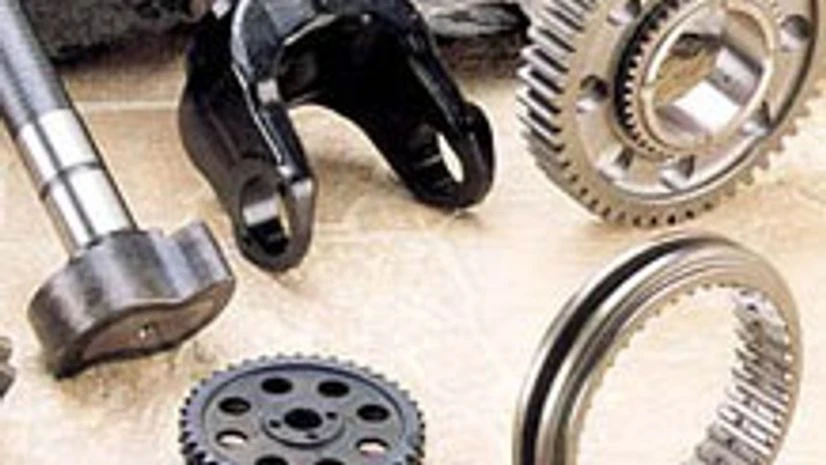The automobile industry body, Society of Indian Automobile Manufacturers (Siam), today said Customs duties on fully imported cars and engines must not be lowered as proposed in the ongoing trade talks between India and the European Union (EU), stating such a “retrograde step” would damage the sector.
“It has to be avoided at all cost,” Siam said in a 'white paper' on the proposed India-EU Free Trade Agreement (FTA) and its possible implications on the auto sector. “Opening the CBUs (completely built units) to imports/lowering import duties under the EU-FTA is a retrograde step and will have a severely damaging and long-term irreversible effect in several ways for the Indian economy, auto industry and consumers at large."
The list of tariff lines, comprising CBUs and engines, should be kept in India's negative list in all FTAs, it added. "The government has consistently maintained this policy in all FTAs. These items have also been identified in the Automotive Mission Plan 2006-2016. We would like to reiterate that these tariff lines should be kept in India's negative list under India-EU FTA."
More From This Section
The industry body also pointed out that the EU is a declining market in terms of automotive exports, while India was a rapidly growing one. Therefore, the gains through this FTA will only be for EU and not for India, it said.
“It is understood that negotiations on reducing the import tariffs on auto CBUs are in an advanced stage," Siam said. "There are talks of a 50 per cent reduction of tariff of all cars from 60 per cent to 30 per cent and additionally a certain quota of cars (much more than what EU is exporting today) that can be exported by EU to India at a highly reduced duty of only 10-15 per cent.”
In 2010-11, EU exported around $3.4 billion worth of cars as CBUs and completely knocked down units (CKDs) to India. On the other hand, India exported $1.7 billion worth of cars to Europe, Siam said. Imports of CBUs from EU increased from 5,000 large cars in 2009-10 to 11,000 units in 2010-11 and imports of CKDs went up from 17,000 units in 2009-10 to 22,000 units in 2010-11. However, during the same period, exports of India's small cars have declined from almost 300,000 units in 2009-10 to around 225,000 units in 2010-11.

)
